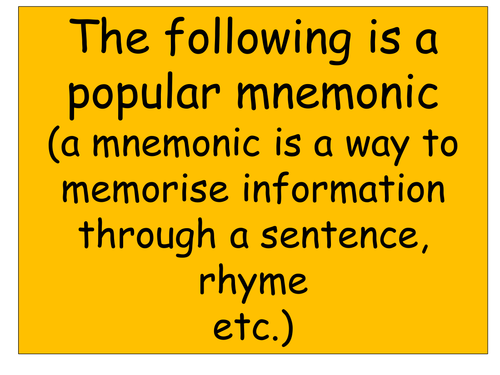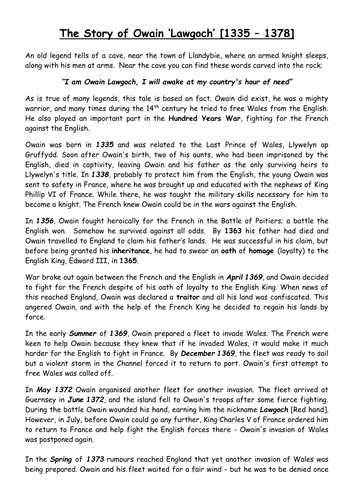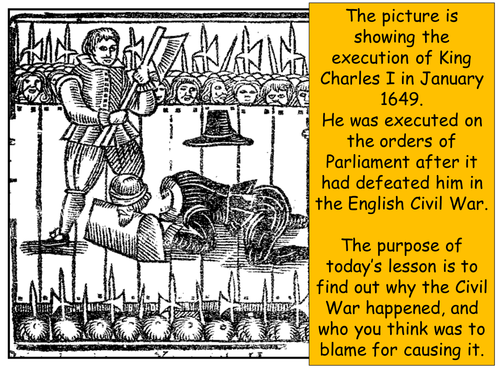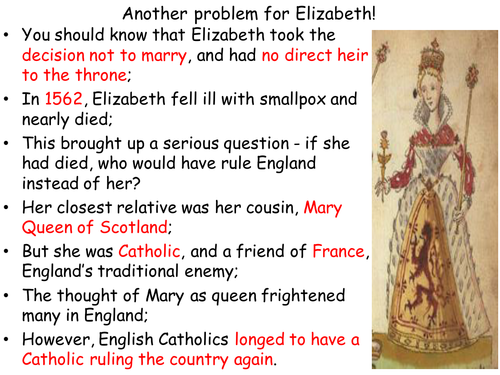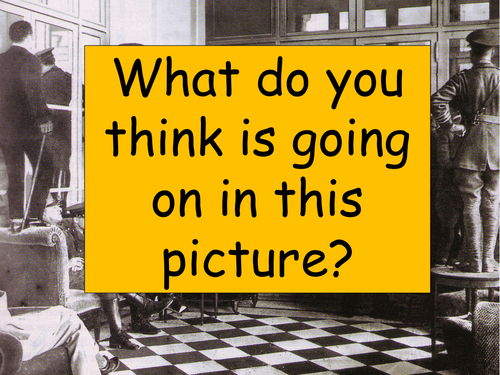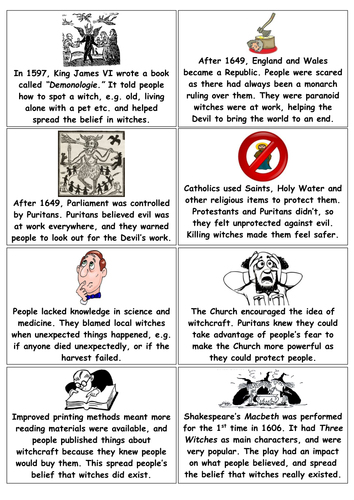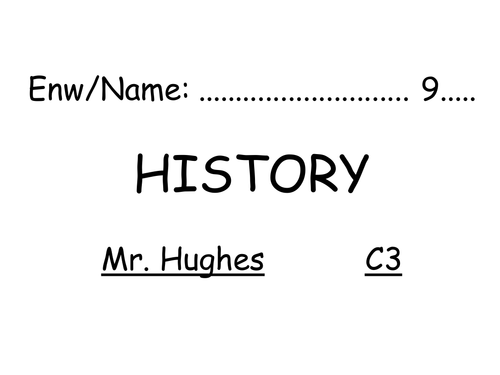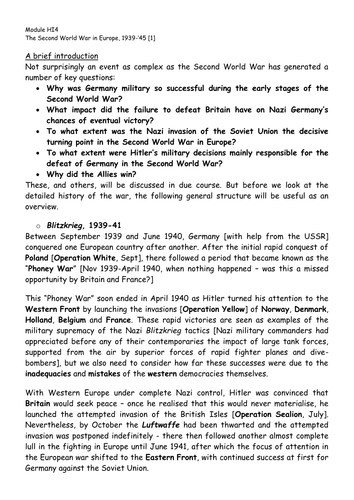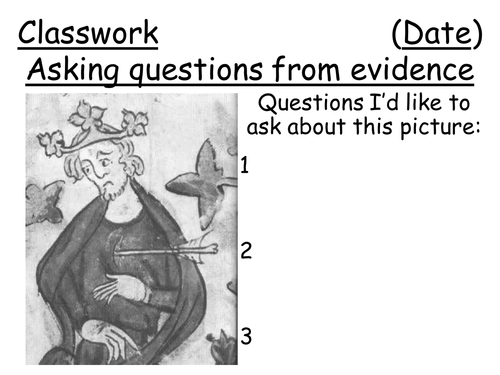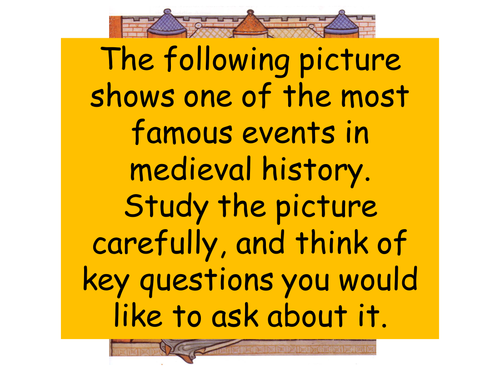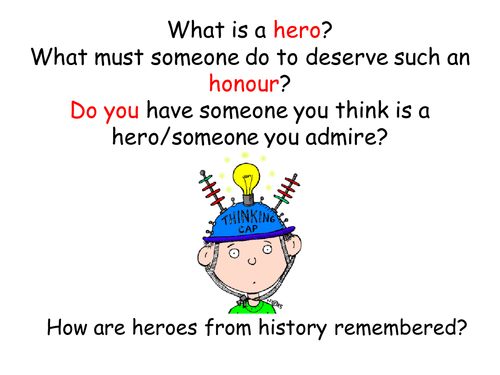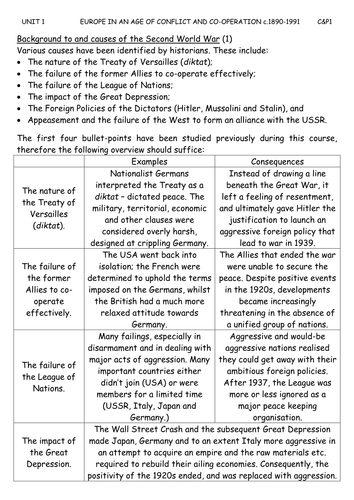The History Resources Hub
Hello, and welcome to my resource shop. I aim to create original resources for KS3, GCSE and AS/A2. I also aim to provide resources on the less obvious, mainstream topics and bring in elements of the LNF. I have 20 years experience as a History teacher, and 15 years as HoD. Have a look around and grab a bargain! 😄 Please leave an honest rating on any resources you may buy. 👍










